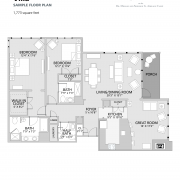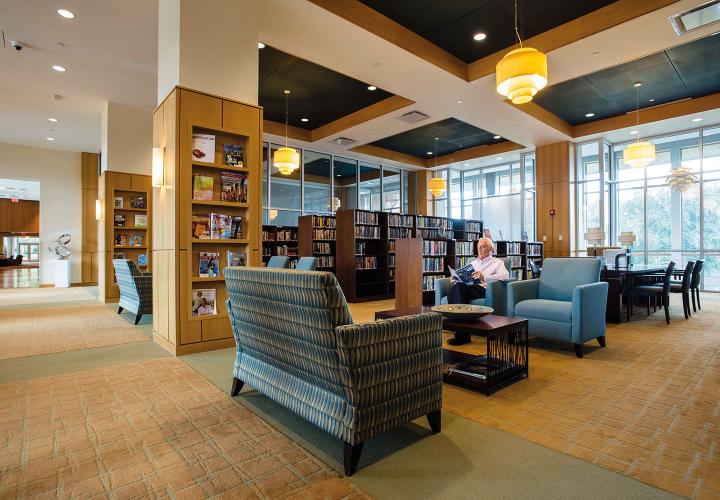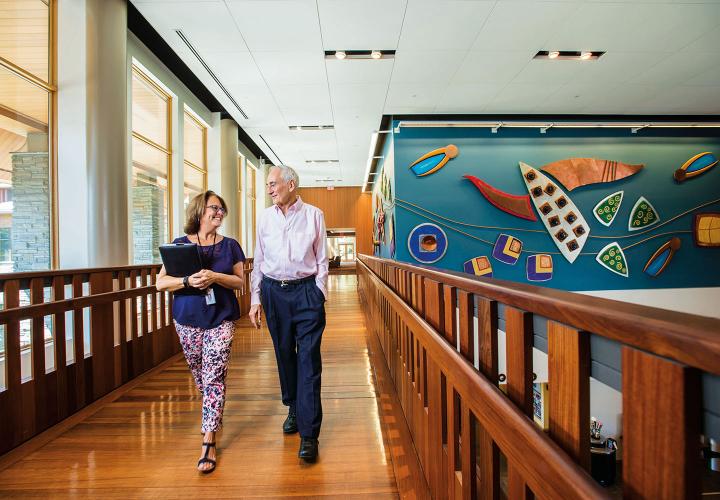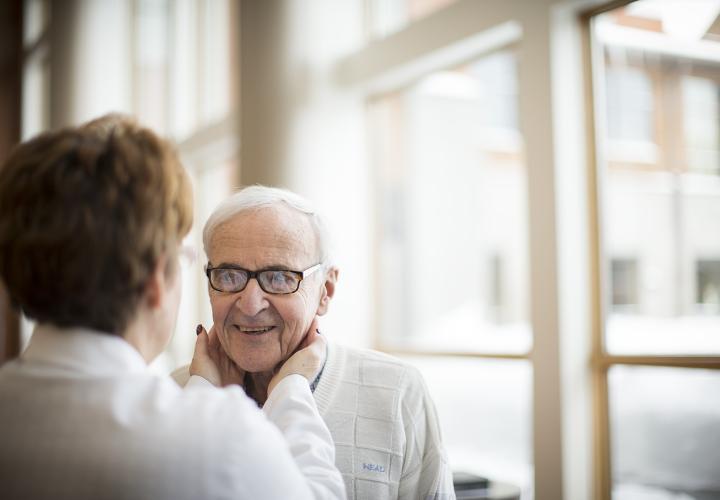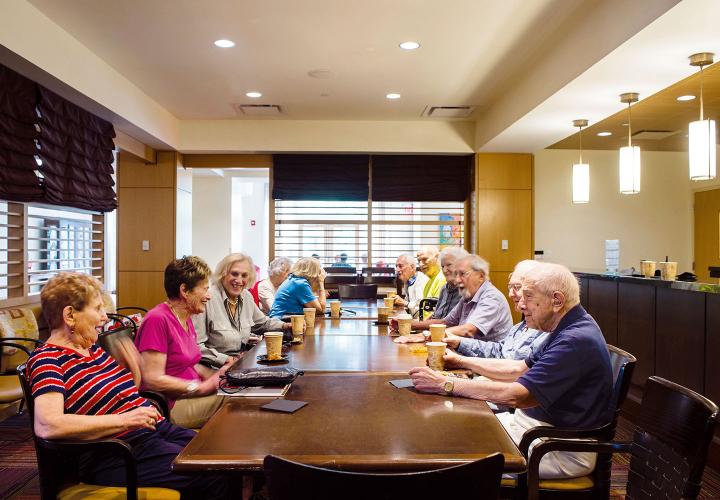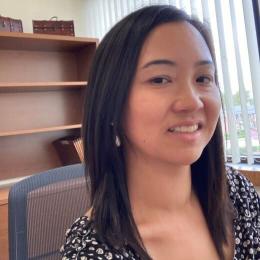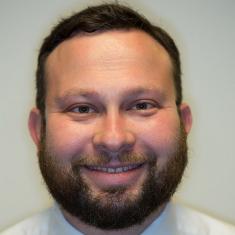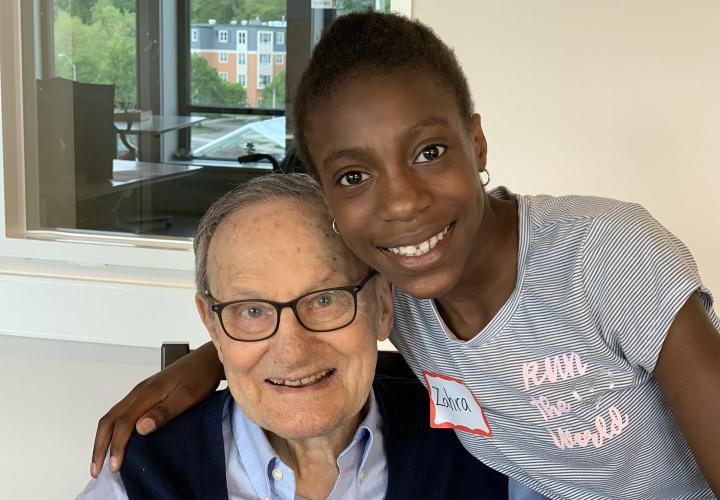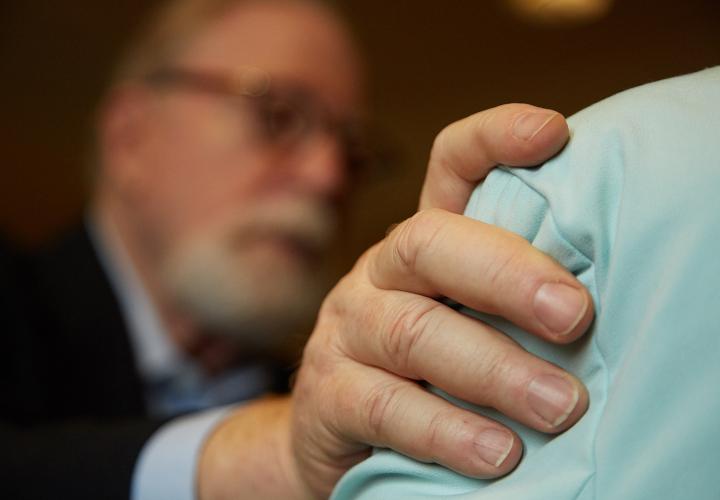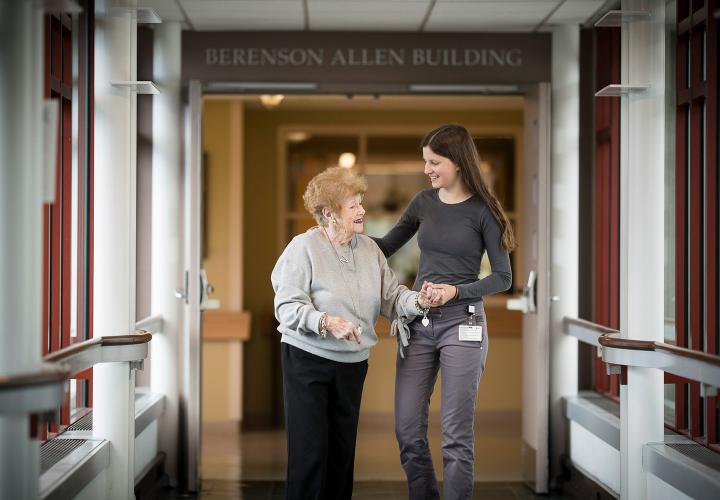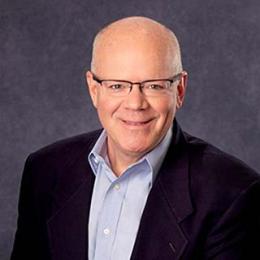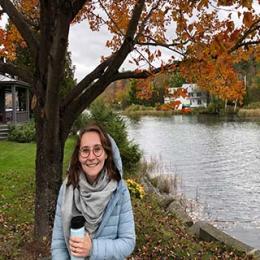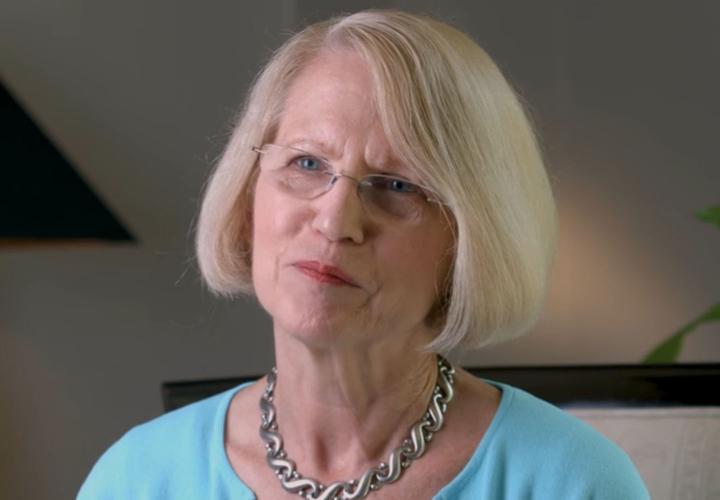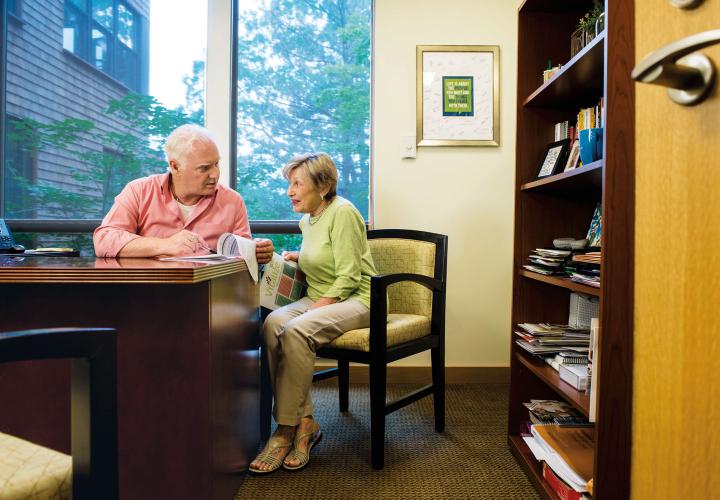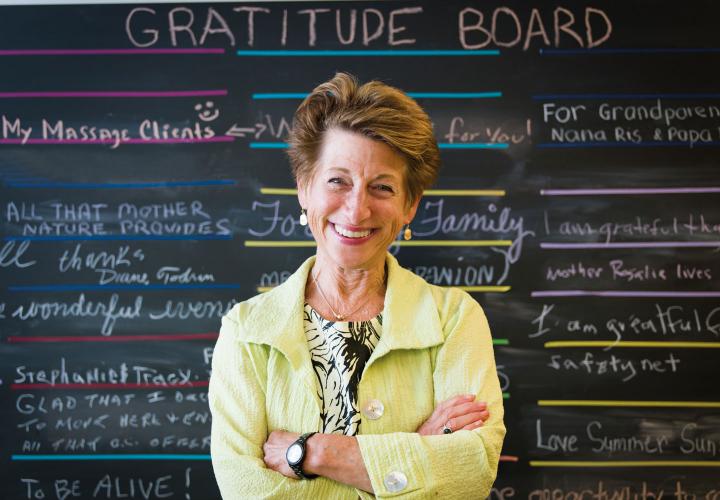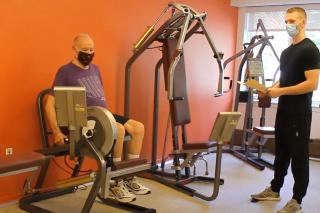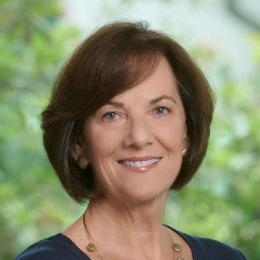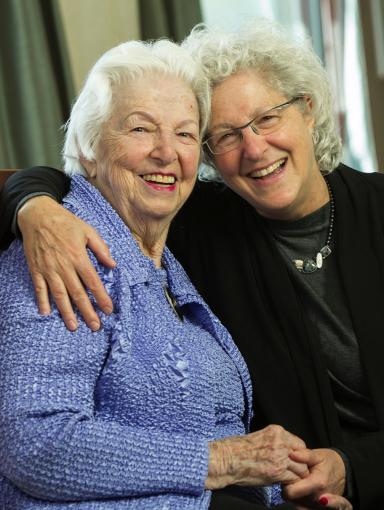BOSTON — Researchers from Hebrew SeniorLife’s Institute for Aging Research (IFAR) and Massachusetts General Hospital (MGH) have discovered that nursing home residents with advanced dementia are more likely to have advance directives that indicate they did should not get feeding tubes after their proxies viewed a 12-minute video on advance care planning. In addition, when proxies stated comfort was the goal of care, residents were more likely to have advance directives aligned with that goal. However, the videos did not have an effect on level of care preferences, decisions around do-not-hospitalize status, or other burdensome treatments.
In this cluster randomized clinical trial, researchers compared outcomes between proxies and advanced dementia residents in 32 nursing homes where proxies of watched the video and 32 other nursing homes where 190 proxies who did not watch the video. Results showed that the video did not impact preferences, do-not-hospitalize status, or burdensome treatments, but increased directives to withhold tube-feeding. When proxies preferred comfort care, advance directives of residents who proxies viewed the video were more likely to align with that preference.
Susan Mitchell, M.D., M.P.H., lead author of the study and Director of Palliative Care Research at IFAR said, “While the findings suggest that advance care planning videos do not alter care preferences, they do suggest that the video promotes alignment of proxy preferences with advance care directives.”
The results of this study were published today in the Journal of the American Medical Association Internal Medicine (JAMA IM).
This research was supported by the following grants: NIH-NIA R01 AG043440 and NIH-NIA K24AG033640 (Mitchell).
About the Institute for Aging Research
Scientists at the Institute for Aging Research seek to transform the human experience of aging by conducting research that will ensure a life of health, dignity and productivity into advanced age. The Institute carries out rigorous studies that discover the mechanisms of age-related disease and disability; lead to the prevention, treatment and cure of disease; advance the standard of care for older people; and inform public decision-making. The Musculoskeletal Center within IFAR studies conditions affecting bone, muscle, and joint health with aging.
About Hebrew SeniorLife
Hebrew SeniorLife, an affiliate of Harvard Medical School, is a national senior services leader uniquely dedicated to rethinking, researching and redefining the possibilities of aging. Based in Boston, the non-profit, non-sectarian organization has provided communities and health care for seniors, research into aging, and education for geriatric care providers since 1903. For more information about Hebrew SeniorLife, visit http://www.hebrewseniorlife.org, follow us on Twitter @H_SeniorLife, like us on Facebook or read our blog.

